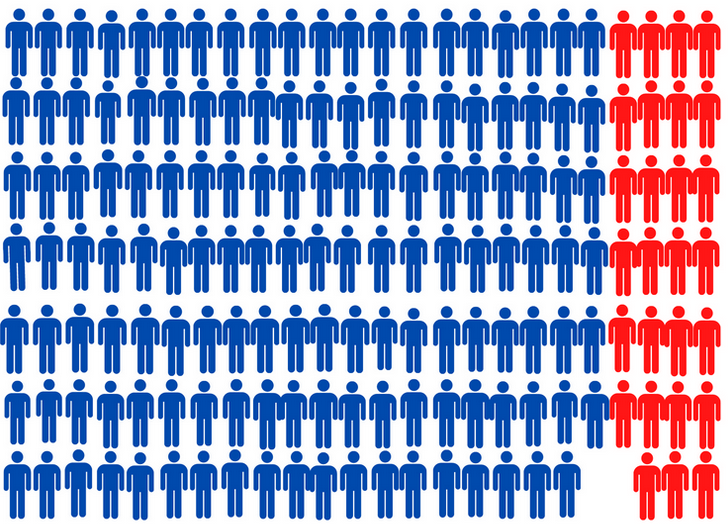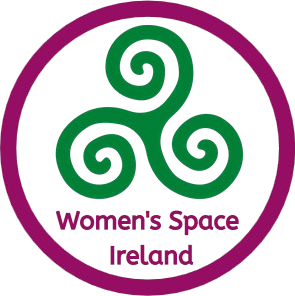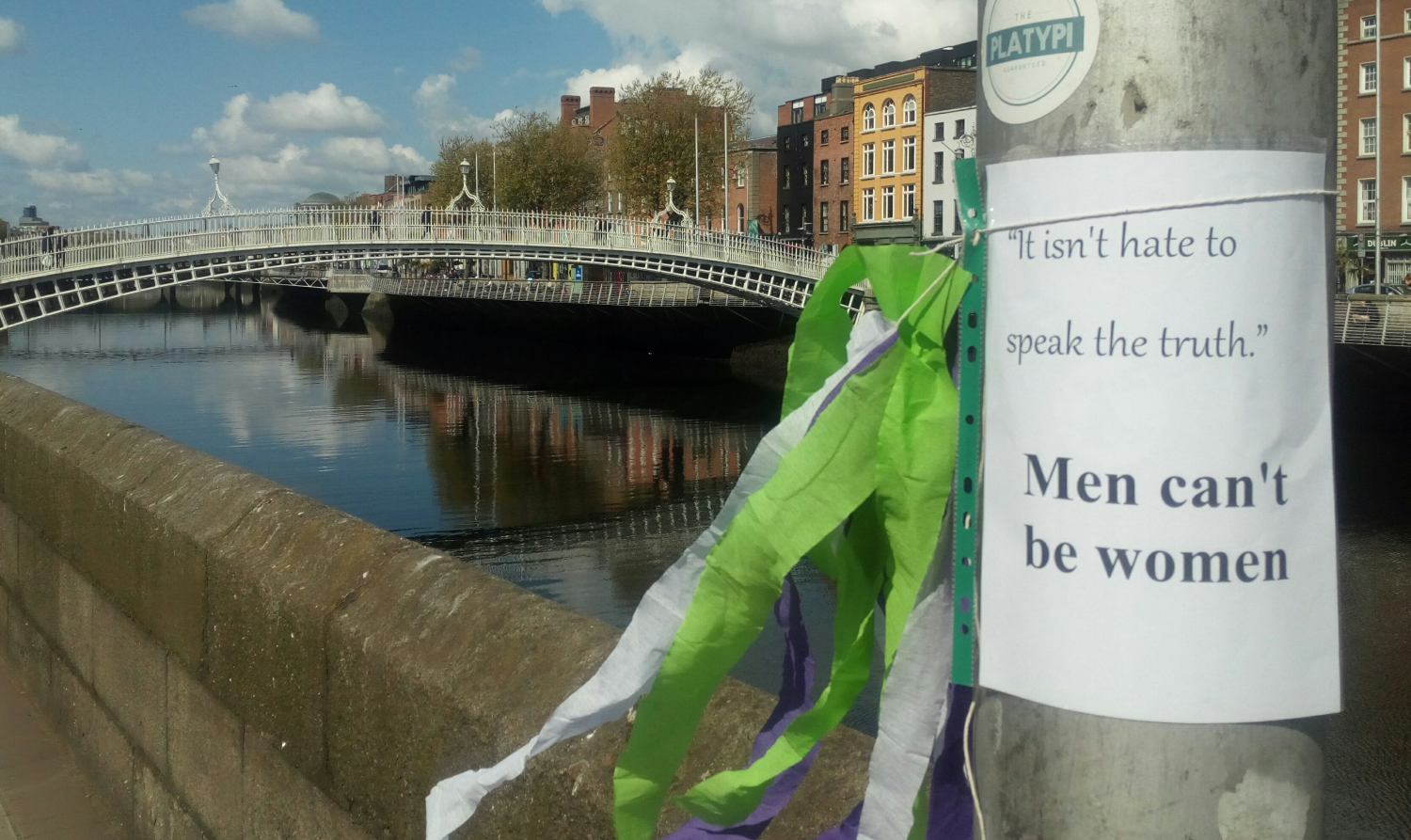A space to speak about women's sex-based rights
Women's Space Ireland supports the rights of all individuals to live lives of dignity, free from discrimination and harassment.
Discrimination continues to be an issue for women and girls in Ireland. It can be seen in numerous ways from a lack of representation in political life to being by far the greater number of victims of domestic and sexual violence.
Understanding that violence and discrimination against women and girls occurs as a result of our biological sex is crucial to addressing these issues. This is why retaining sex, rather than gender identity, as the basis for tackling sexism is important.
Women and girls are entitled to retain the right to single-sex spaces; privacy, safety and fairness in the provision of toilet and changing facilities; prison and hospital ward spaces, sports, awards, lesbian social outlets and political representation.
This space provides an opportunity to consider issues that arise out of discussions concerned with sex and gender identity.
Background
As a result of the lack of debate on this issue it is unlikely that most Irish people know the effect of the 2015 Gender Recognition Act, which is that men can now self-identify as women (and women as men). Those availing of a gender recognition certificate can replace their original birth certificate with a new one, replacing the legal recording of their sex at birth with their new preferred sex. As the Government explains:
“Once a Gender Recognition Certificate is issued, the gender of the person named on the certificate becomes for all purposes the preferred gender from that date forward.
Accordingly, if the preferred gender is the male gender the person’s sex becomes that of a man, and if it is the female gender the person’s sex becomes that of a woman.”
However as a guide for GPs produced by the HSE and TENI explains “Not all transgender people medically transition (either hormonally or surgically). There is no one size fits all.”
Women have good reason to fear male bodies in our spaces and are at a disadvantage when physically compared to men. Moving to mixed sex provision of toilets and changing rooms also poses a risk to the safeguarding norms we have for children of both sexes.
Many women and girls are afraid to speak openly about what they feel such is the level of aggression and intimidation experienced by those who have expressed their views in this and other countries.
The 31st Dail which passed the Gender Recognition Act 2015 permitting any man who fills out a form to self-id as a woman was 84% male.

As stakeholders on this issue, women could be expected to have had a view on men wanting to identify as women. Women in Ireland were not consulted on this momentous change in which biological truth was dropped by legislators in favour of a legal fiction.
The 1979 UN Convention on the Elimination of all Forms of Discrimination against Women (CEDAW) was ratified by Ireland in 1985.
As set out in CEDAW and subsequent international agreements, our rights as women are based on our sex, defined by the United Nations as “the physical and biological characteristics that distinguish males from females”. However as the Women's Human Rights Campaign says
"In many countries state agencies, public bodies and private organizations are attempting to compel persons to identify and refer to individuals on the basis of ‘gender identity’ rather than sex. These developments constitute forms of discrimination against women, and undermine women’s rights to freedom of expression, freedom of belief, and freedom of assembly.
Men who claim a female ’gender identity’ are being enabled to access opportunities and protections set aside for women. This constitutes a form of discrimination against women, and endangers women’s fundamental rights to safety, dignity and equality."

